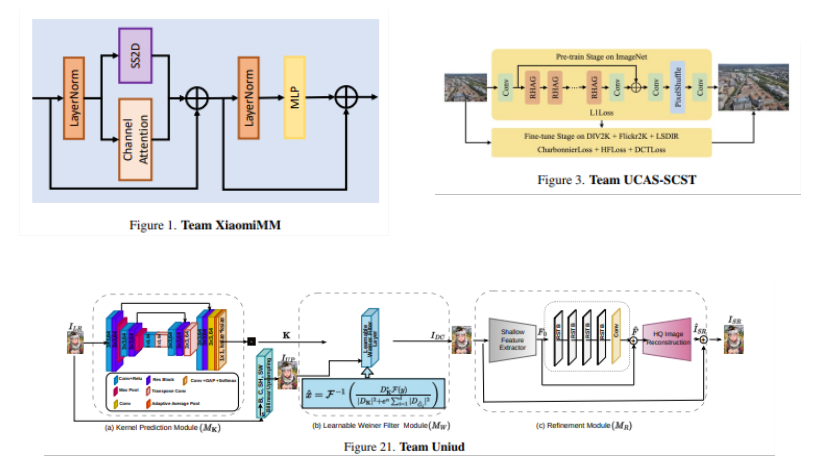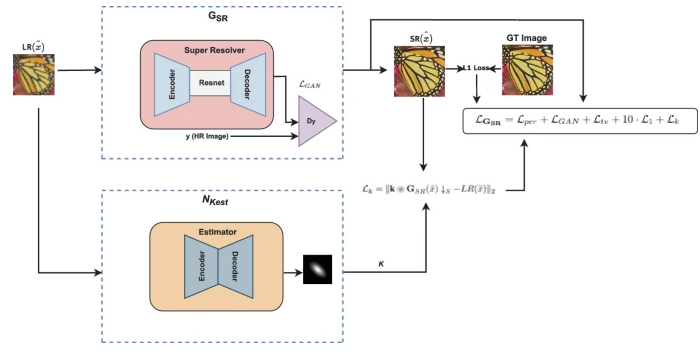Asif Hussain Khan
I obtained my PhD in Computer Science and Artificial Intelligence at the Machine Learning and Perception Lab, University of Udine, Italy, under the supervision of Dr. Niki Martinel. My research focused on low-level vision tasks, particularly image and video super-resolution. During my PhD, I developed an efficient implicit deep learning–based image super-resolution technique aimed at significantly reducing model parameters, FLOPs, and inference time while maintaining strong performance. I am currently working as a postdoctoral researcher at the Biometrics Security & Privacy Lab led by Prof.Sébastien Marcel at the Idiap Research Institute, Switzerland, where my research focuses on morphed attack detection and related biometric security challenges using foundation models.




